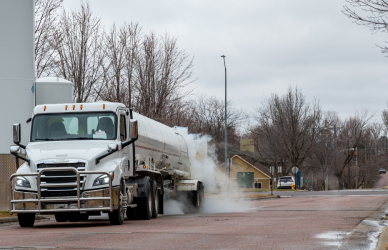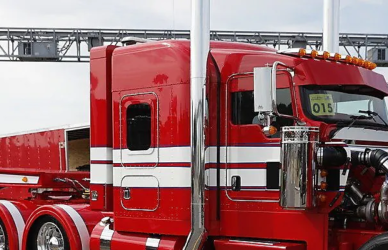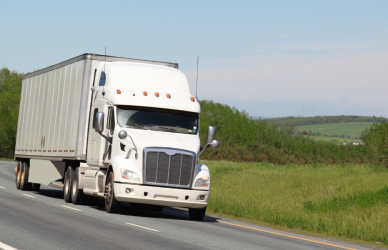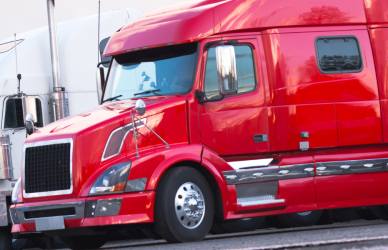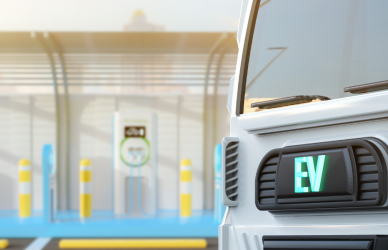As the trucking sector continues its quest for emissions reduction, shifting to battery-electric trucks is just one piece of the puzzle. While cleaner trucks and improved fuel efficiency have already made a significant impact, the drive towards decarbonization is set to intensify in the coming years.
To meet the stringent emissions regulations set by federal and state authorities, freight transportation companies must also align with the ambitious environmental sustainability targets embraced by major shippers. So, how exactly will the industry conquer these carbon reduction objectives?
Attention in the industry has recently focused on battery-electric trucks for short-haul and regional use, along with investment in hydrogen fuel cell technology for commercial trucks.
It should be noted, however, that diesel engines, which have powered trucks for generations, are also evolving. Diesel engine development may shift towards fuel-agnostic platforms that run on cleaner fuels such as renewable natural gas, renewable diesel, and hydrogen combustion.
Cleaner vehicles are just one part of reducing the industry’s carbon footprint. Transportation companies still have the opportunity to improve asset utilization and reduce empty miles. More efficient transportation networks mean less wasted fuel and lower carbon emissions.
Advancements in asset tracking technology, data analytics, and artificial intelligence could further enhance capacity utilization, especially if more supply chain participants are willing to share data for mutual benefit.
In addition, transportation and logistics companies can reduce their carbon footprints by decreasing energy consumption through efficient lighting, electric-powered forklifts, and terminal tractors at their warehouses, distribution centers, and truck terminals.
Several factors contribute to higher emissions, including traffic congestion, which is beyond the control of trucking operations. While modern trucks have become more fuel-efficient, the time wasted in traffic jams due to inadequate infrastructure in high-density areas offsets these improvements.
There are proven methods, however, to improve fuel economy that also reduce greenhouse gas emissions. By reducing engine idling and promoting fuel-saving driving habits, fleet operators can not only save money but also reduce carbon emissions.
In the future, these technologies and strategies could be essential in transitioning towards a low-carbon freight transportation system.
Source: Transport Topics




